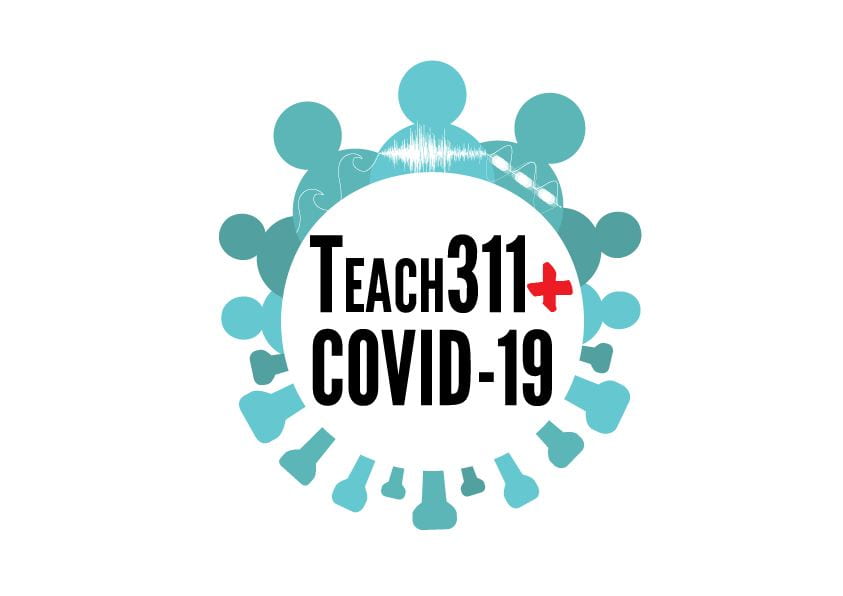
Members of the Teach311 + COVID-19 Collective (www.TeachCOVID-19.org) include educators, researchers, artists, students, and survivors representing a wide range of countries, languages, and disciplines. Together, we focus on understanding disasters, past and unfolding, through communication and empathy. Our goal is to provide and curate a multilingual collection of teaching resources focusing on the March 11, 2011 earthquake, tsunami and nuclear disaster in Japan and on the global COVID-19 pandemic, but also dealing more broadly with experiences of disaster. We believe that efforts of communication and translation are key to learning.
A collection of Arcadia peer-reviewed environmental history essays about the historical politics of naming, remembering, and characterizing disasters.
Everyday accounts about life under quarantine by graduate students, with foci on minority voices and the Global South.
Reflexive first-hand observations and analyses of contemporary disasters put into historical and other research contexts.
Essays by teacher-scholars about pedagogy and methodology in the face of COVID-19.
Original documentary and oral history video interviews related to disasters and recovery.
Original materials designed for asynchronous and interdisciplinary teaching about COVID-19.
Image gallery of disaster sites made available by researchers for educational purposes.
A dynamic, contributor-powered list of readings and other multimedia sources from the humanities and social sciences about disasters, past and present.
Contact Us
teach3eleven [at] gmail.com
Twitter: @Teach_311
The Teach311 + COVID-19 Collective began in 2011 as a joint project of the Forum for the History of Science in Asia and the Society for the History of Technology Asia Network and is currently expanded in collaboration with the Max Planck Institute for the History of Science (Artifacts, Action, Knowledge) and Nanyang Technological University-Singapore.
![[Teach311 + COVID-19] Collective](https://blogs.ntu.edu.sg/teach311/files/2020/04/Banner.jpg)